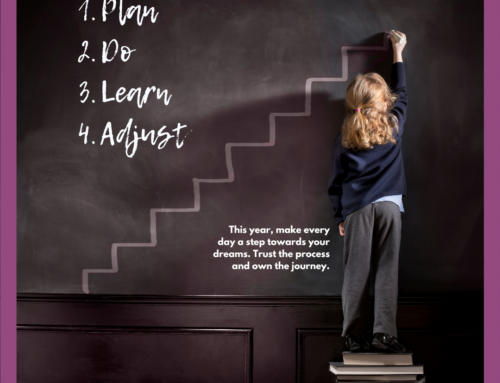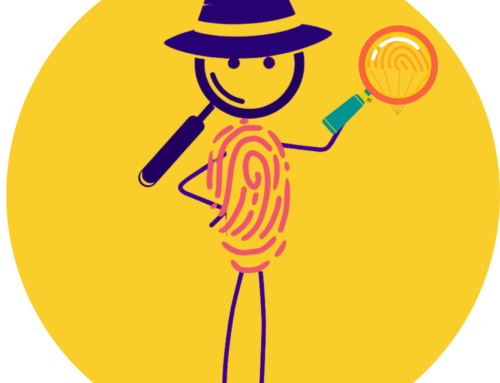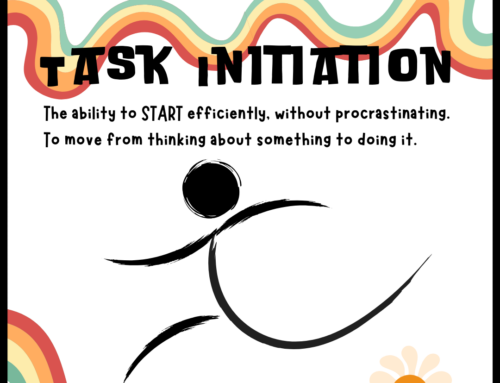The following suggestions are adapted from the article Sports Psychology Tricks That Work for ADHD Brains, by Dawn K. Brown, M.D., published in ADDitudeMag.com and updated in September 2023. Brown, an ADHDer herself, works as a sports psychiatrist who closely collaborates with athletes. She has witnessed firsthand how the strategies employed in sports psychology can be effectively applied to managing ADHD symptoms.
1. Know Thyself – Become an Expert on YOU
For instance, individuals with ADHD often have lower levels of dopamine, a neurotransmitter vital for motivation and the brain’s reward system. In contrast, athletes’ brains, with elevated dopamine levels, propel them to train intensely and stay motivated to achieve their performance goals. On the other hand, ADHD brains, deficient in dopamine, may encounter difficulties maintaining motivation, especially when rewards seem distant or uncertain.
ADHD medication can help release this crucial neurotransmitter, providing a boost in motivation and focus. Equipped with this knowledge, individuals with ADHD can tackle performance challenges with practical solutions that align with their unique cognitive wiring. By harnessing their strengths and understanding their symptom triggers, they can implement strategies customized to optimize performance and achieve their goals.
2. Develop a Winning Mindset – No Matter What it Takes
Due to the negative experiences associated with their symptoms—such as emotional reactivity, impulsivity, and distractibility—individuals with ADHD may often dwell on their mistakes and be excessively self-critical. Fostering a positive attitude is crucial in these circumstances.
ADHDers can tend to have a knee-jerk “all or nothing” mindset which leads quickly to patterns of self-sabotage. Sustaining consistent effort toward goals can be challenging, and ADHD is often described as a performance disorder due to difficulties in maintaining focus and sustained effort over time. ADHDers do well with beginnings and endings, but the messy middle can be difficult to face. Because this is where the growth happens, it is important to develop a “nothing is wasted” mindset.
Athletes face this challenge by establishing processes, systems, and structures that keep them on track, measuring and motivated by success. Inspired by this approach, individuals with ADHD can devise their own personalized motivation playbook. This may involve setting realistic daily tasks, prioritizing deadlines, utilizing time management techniques, and implementing strategies to overcome common ADHD-related obstacles. Yellow Parachute practices a 3 step process for creating a powerful resource!
Seeking guidance and support from therapists or coaches specializing in ADHD can provide valuable assistance in implementing motivation and productivity strategies. As long as you can reflect authentically on your strengths and weaknesses, you can ask for expert help with the rest.
How to rewire a negative mindset? Techniques like positive self-talk, affirmations, relaxation exercises, and reframing failures as opportunities for growth and resilience can help individuals change the way they talk to themselves and the way they think. Creating a motivation playbook – we can show you how to do this! – is an effective strategy employed by many athletes that can also benefit individuals with ADHD.
3. Fuel for Focus!
In addition to mental strategies, proper nutrition and a healthy lifestyle are fundamental for optimizing brain function. Athletes comprehend the profound impact of nourishing their bodies adequately and staying hydrated on their performance.
Similarly, individuals with ADHD often overlook the importance of fueling their brains and bodies for optimal cognitive functioning. Consuming nutrient-rich foods, staying properly hydrated, and ensuring a balanced diet with essential vitamins and minerals greatly contribute to improved focus, energy levels, and overall mental well-being. Some ADHDers find that their sensitive guts benefit from avoiding processed foods.
Some tips to set you up for success: Drink lots of water. Blood, which is mostly made up of water, carries fuel — oxygen and glucose — to your brain. Make sure you’re sipping on water throughout the day. Set reminders if you need to.
Consume complex carbs. Complex carbs pack more nutrients and digest slower than simple carbs, meaning steadier energy levels throughout your day. And your brain needs carbs to work!
Remember the three Fs: Omega-3 fatty acids (salmon, avocados, walnuts), folate (beans, asparagus, collard greens, broccoli), and fiber (whole grains, fruits, vegetables) must all form part of a balanced diet.
4. Establish and Maintain Routines
To overcome this, it is important to find ways to make routines exciting and adaptable. This can involve introducing variations or changes periodically, incorporating new elements or challenges, or even experimenting with a hybrid work schedule. Focusing on strategies that reinforce routines and habits—such as utilizing timers or having an accountability partner—can further enhance consistency and motivation.
Planning rewards along the way can also provide immediate motivation and reinforcement for adhering to the routine. In conclusion, adopting a mindset akin to elite athletes can bring about a remarkable transformation for individuals with ADHD. By understanding their strengths, symptoms, and brain function, individuals with ADHD can implement sports psychology strategies to enhance their performance and overall well-being.
Fall off your rhythm? It’s NOT the end of the world. Scrap the all-or-nothing mentality.
Try these strategies to get back on track and stick to your routines:
- Spice up your routines. You’ll be more focused and motivated to follow a routine if you’re excited about it. Think of how you can change up your routine to keep you on your toes. Could you do it backwards? Maybe a change of scenery will do (e.g., a hybrid work schedule)?
- Focus on the how. From timers to accountability partners, zero in on the strategies you’ll use to reinforce your routines and habits.
- Plan your rewards. You don’t have to wait until the end to get your trophy. Reward yourself immediately after you cross off each step of your routine.
Most importantly, take care of yourself. Add something you REALLY enjoy doing to your list each day and carve out time to do it. Practice a healthy relationship with time, discipline, and rewards. And know this: you don’t have to do it alone!
Yours in the journey,
Cara







